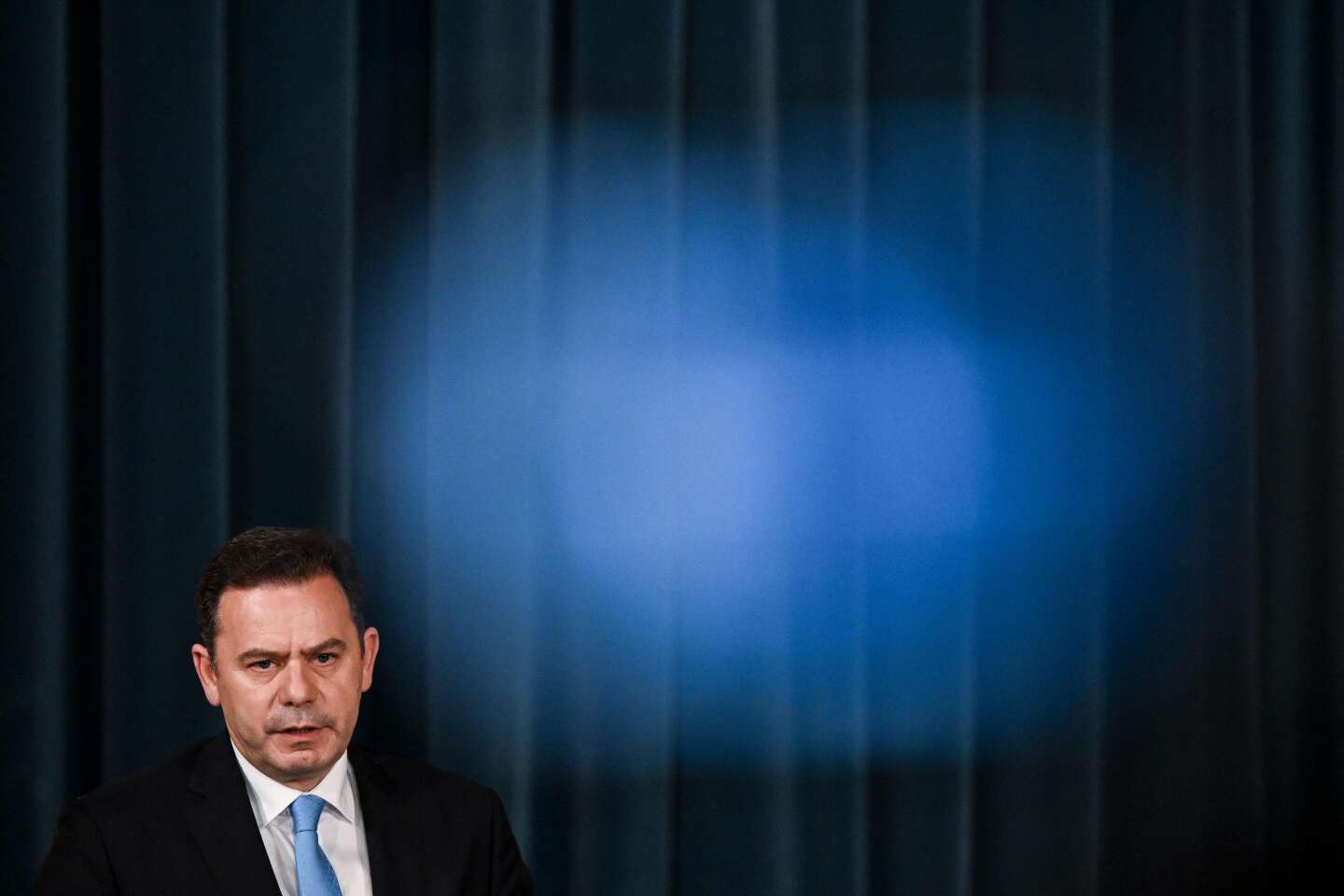


"Will [governing] be a mission impossible? I don't think so (...) Will it be very difficult? Certainly." Marcelo Rebelo de Sousa, Portugal's president, underlined the fragility of the government formed by conservative Luis Montenegro at the swearing-in ceremony for his 17 ministers at Belém Palace on Tuesday, April 2. Montenegro's party, the Social Democratic Party (PSD, center-right), won just 28.9% of the vote and holds 80 of the 230 seats in the Assembly. The president advised the new prime minister to "divide the issues into several smaller ones" and solve them "one by one without losing sight of the whole and without creating false hopes or ambitions."
Composed of 10 men and seven women, the government is less balanced than the previous one under socialist Antonio Costa, who relinquished power after eight years. He resigned in November 2023, amid a scandal involving alleged influence peddling by close associates.
With positions held by an economics professor for finance, a hospital president for health and a former museum director for culture, all the new members of the government belong to the PSD, with the exception of the defense minister, from the small right-wing CDS-PP party. As promised, Montenegro did not award any ministerial posts to the far-right Chega ("Enough!") party, despite pressure from its president, André Ventura, to enter a coalition government in exchange for the stable support of its 50 MPs (18% of the vote). "The PSD has chosen its path. It has chosen the Socialist Party [PS] as its interlocutor, and it is with the Socialist Party that it must come to an agreement. Chega will lead the opposition in Parliament," announced Ventura, who was present at the ministers' official inauguration.
'Institutional responsibility'
Pedro Nuno Santos, leader of the PS, which won the second-largest number of seats with 78 MPs (28% of the vote), did not attend the ceremony. His symbolic and calculated absence was intended to make it clear, once again, that the PS would not serve as a crutch for the government elected on March 10. Yet it was precisely this party that came to the government's rescue on March 27. The previous day, the appointment of the president of the Assembly had failed three times due to the lack of a majority in Parliament, Chega having put forward an alternative candidate. The PS finally found a solution: it backed the conservative candidate, José Pedro Aguiar-Branco, in exchange for a rotating presidency of the Assembly, which will be handed over to them in two years time in September 2026.
You have 40.16% of this article left to read. The rest is for subscribers only.
